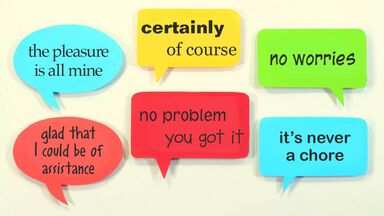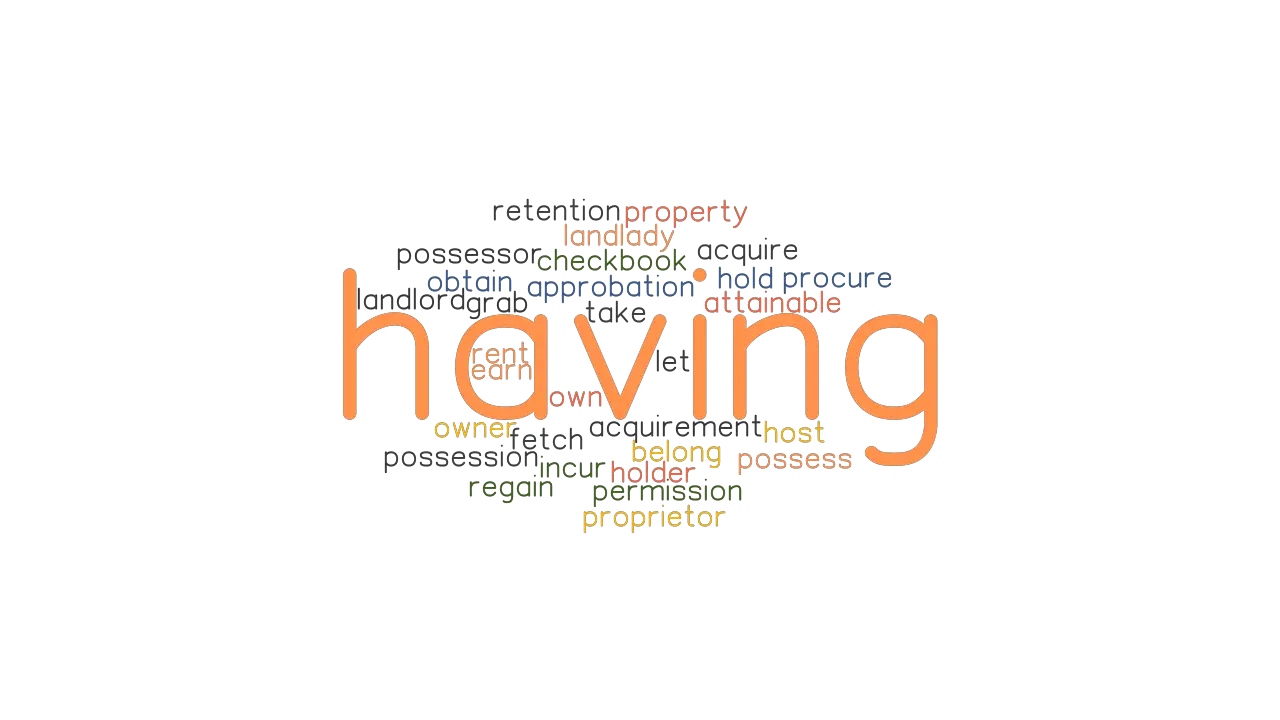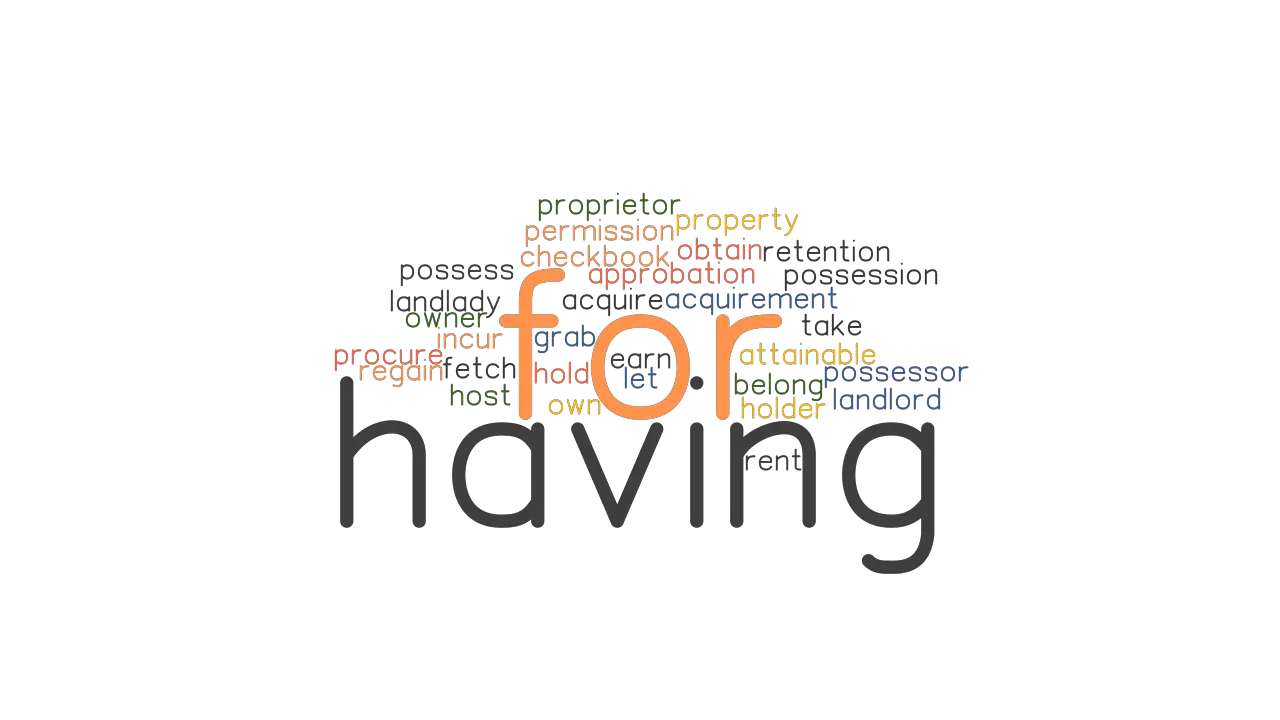

As soon as English was floated over the sea and landed on another continent it began to evolve in a different direction from the evolution path of its origin.īy the way, my English mother used to delight in receiving two Mother’s Day cards every year… one addressed to Mum (in March), and another addressed to Mom (in May). For those who wish to do so making a comparison of today’s English language and spelling to that used by voyagers on the Mayflower yields words, syntax and grammar differences that, at times, may begin to explain why we speak different languages on the two sides of the ocean. My wife pointed out that the English language taken west across the Atlantic was that of the seventeenth century. Latin died (OK, mortally wounded then) because the Romans would not let it evolve. Then, of course, there are all the regional variations and the influences of languages from all over the world. Hence different words, different spellings and different accentuation of syllables.

Mr Webster (of American dictionary fame) decided to compile his dictionary with the specific objective of distinguishing his inherited language from its origins. There are two different languages that happen to have a close connection. The similarities and the history of the languages makes some believe one is right and one is wrong. Having lived in the States, after being educated in England, then marrying a Texan I have come to the following conclusion: Americans speak American, English speak English. I haven’t found much info about their etymologies either. mum” or “mom mum mam” don’t yield anything substantial. I’ve been able to find little information as to whether these words have some common derivation. I’m curious if perhaps mam is the earliest of these, and mom and mum were just different ways of rendering this.īut that’s all I can say for now. Mom and mum appear to only date back to the 19th Century in written form. I suspect this may be the case because written usage of them seems fairly recent. In the Western US, for example, mom is often more clearly “ mawm.” Still, is it possible that mom and mum and mam began as different spellings rather than different words? To be fair, there are some regions where this is not the case. Whether you understand the IPA symbols above or not, the point is that in these three dialects, the words are quite close in pronunciation. Here’s a comparison of three different dialects, and their “mom” pronunciations (don’t worry if you aren’t proficient in IPA - I’ll explain after): But are these actually different words, or are they just, in some sense, the same word?Īlthough “ mum,” “ mam,” and “ mom” read differently, they’re often pronounced in a very similar way. We have several informal words for “mother” in English: mum (heard in much of England), mom (heard in much of America), and mam (heard in Ireland and Northern England). she dropped her r’s), “marmee” is essentially a different way of writing modern-day mommy. Given that her accent was probably non-rhotic (i.e.

Throughout the book, the March sisters refer to their mother as “marmee.” This looks like an odd term of endearment until you remember that Alcott grew up (and set her book in) Eastern Massachusetts. I’m reading Louisa May Alcott’s Little Women right now.


 0 kommentar(er)
0 kommentar(er)
